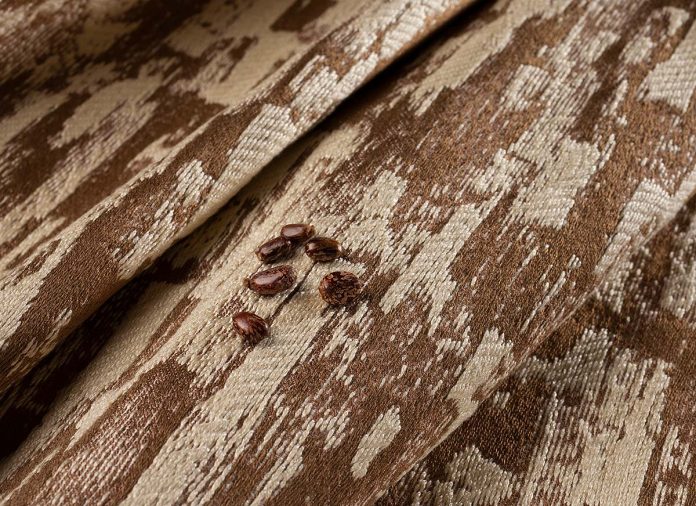Sustainability is a term that has rightfully become part of the vocabulary of design companies. It is written and read, discussed and explained. At times it lingers at the level of marketing and mere communication, but fortunately – in most cases – it moves forward with concrete actions to transform good intentions into real benefits for the environment and the wellbeing of people.
Our encounter with Andrea Favaretto Rubelli and Massimo Forliti, respectively CEO and General Director of Rubelli, it becomes clear that “being sustainable” is much more than a trend. It is an ideal that for some time now has shaped every aspect of the company, now at its fifth generation, with a growing focus on initiatives to bring advantages to the entire textile and territorial value chain in which the firm operates. It is an awareness that steers to a very precise goal: “to create a purely circular economy, which produces zero environmental impact, with products that last as long as possible.”
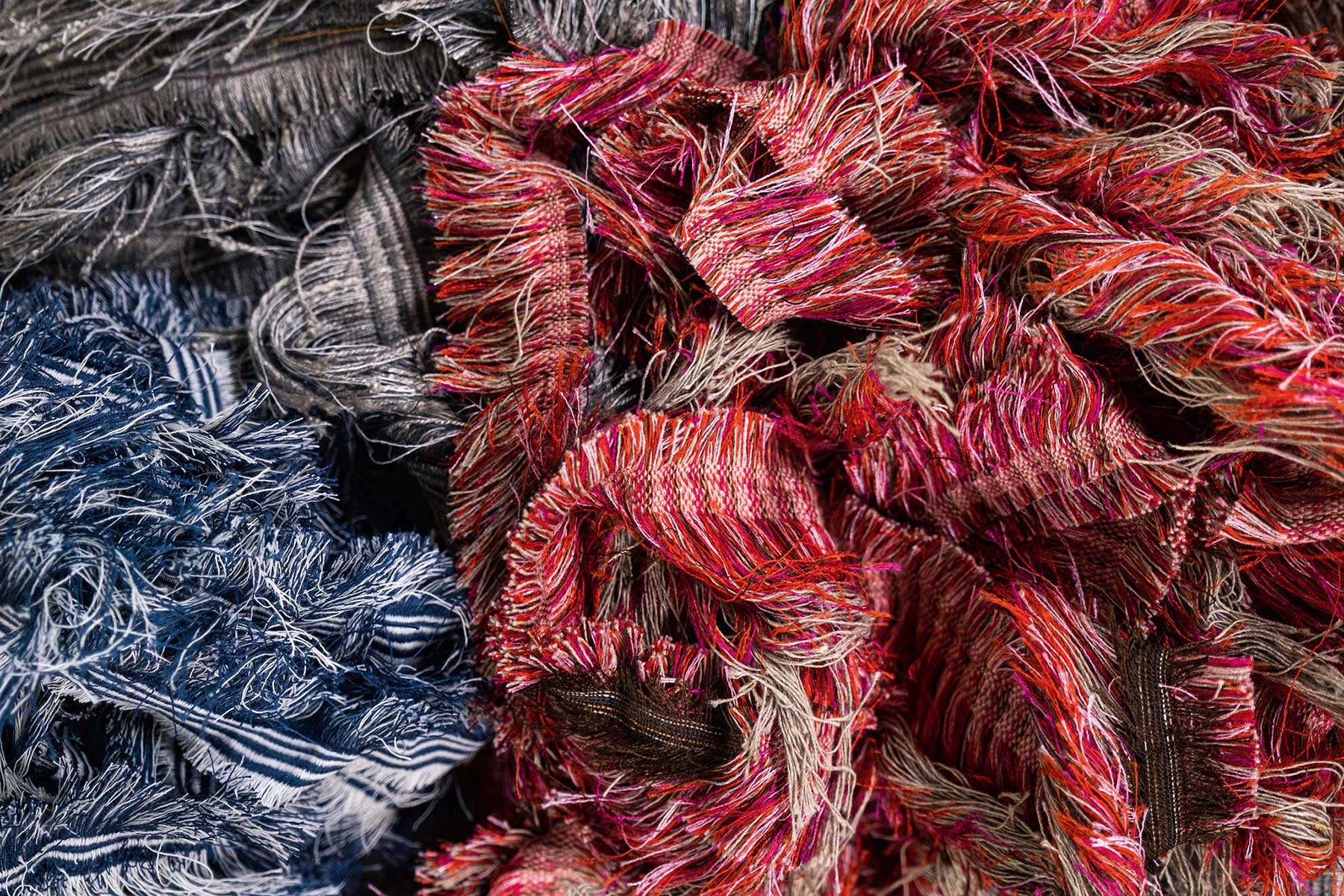
Once the objective has been defined, that path to reach it is not so immediate – as the company knows – but many steps have already been taken in terms of corporate culture and strategy. Rubelli has made sizeable investments for years in order to improve its modus operandi, in line with the Sustainable Development Goals (SDGs) 2030 of the United Nations. A fundamental phase of this process is the recent release of the first Sustainability Balance Sheet for 2021, an important initiative for greater transparency and awareness of responsibilities. The report has been prepared together with Deloitte, with the collaboration of an in-house team of young professionals, in a fertile fusion of expertise and stimuli.
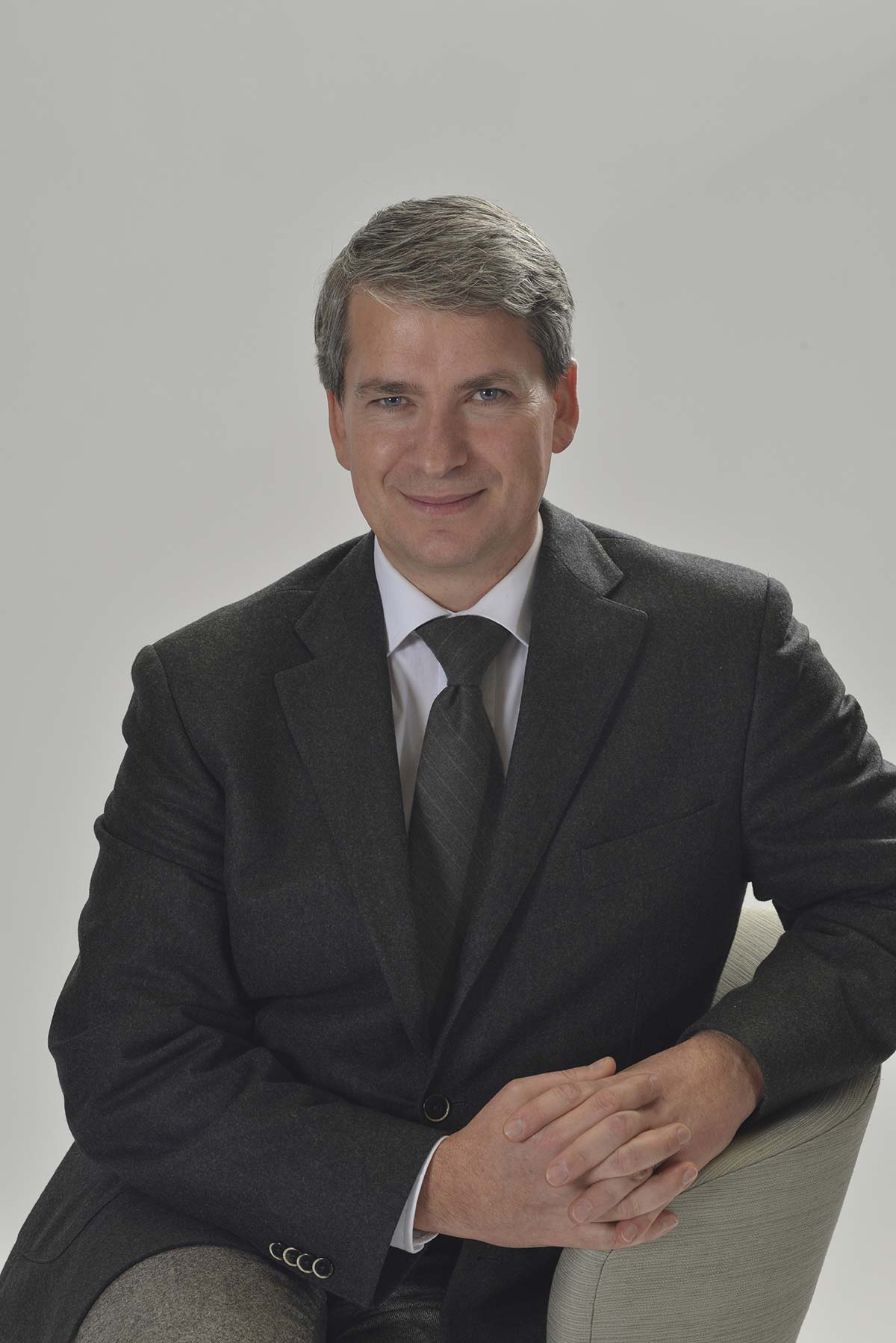
While the research, high quality and elegance of Rubelli products have remained constant over the course of three centuries of history, the focus on the environmental impact of their making has changed. “There is a document from 1706 from which we learn that my ancestor Cesare Rubelli dyed the sails of the Serenissima red, and when he did it the canals of Venice took on that color. As a result, the Republic decided to move the dyeing facilities to the outskirts of town – says Andrea Favaretto Rubelli. – These are the roots, but luckily today times have changed. Of our own accord, we have transferred production into the leading district of Europe for quality and quantity in the field of weaving, namely the Como silk district, in pursuit of excellence also in the area of sustainability. We have thus outlined the start of a long pathway, setting an important goal that is very clear to us today: to create a purely circular economy. The Sustainability Balance Sheet is the result of all these years of work.” The document (also visible at the corporate website) is a snapshot of the company’s status quo and the practices enacted, as well as a firm commitment to constant improvement.
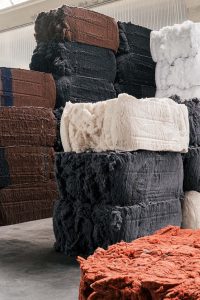
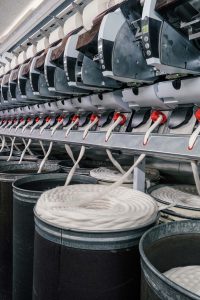
Sustainable raw materials, reduction of energy consumption, installation of modern machinery and sustainability of the supply chain are the initiatives put in place by Rubelli. “Another aspect on which we are heavily investing is the company’s data processing system, and this will also have an impact in 2023 – says Massimo Forliti. – We believe that digital factors will help us a lot in the future (for greater efficiency and better timing in terms of logistics), developing an economy of consumption in tune with increasingly stringent environmental necessities, as a result of regulations but also of the demands of consumers. Another important aspect for investment is the training of personnel through workshops, which we intend to organize to discuss future evolution and the measures that can be taken to reduce consumption of resources.” Alongside environmental action, social sustainability is equally important for Rubelli, implemented in projects to protect the artistic and cultural heritage of Venice and Italy.

Numbers, data, facts, all verified, add a new ‘notch’ to Rubelli’s evolution, responding to a problematic issue for the entire industry: “Though we know the results achieved and our final objective, it is hard to know what is missing for its realization, because we are lacking in precise tools of assessment. There is no international recognized way of measuring environmental sustainability: this means that every company moves on its own, and a ‘Babel’ of instruments and certifications without coordination is the result. Another challenge facing us, besides that of measurement, is the problem of traceability, since in the textile industry the value chain is very long, often involving multiple continents.” Rubelli itself offers two certifications (Standard 100 by Oeko-Tex, which ensures the absence of emissions of substances dangerous for human health through controls carried out during the entire chain of fabric production, and GreenGuard Gold which implies compliance with the strictest criteria at a worldwide level for low emissions of chemical substances into the environment); the company also relies on over 20 partners in the district to create a network of trusted and reliable zero-kilometer companies, for materials and production.
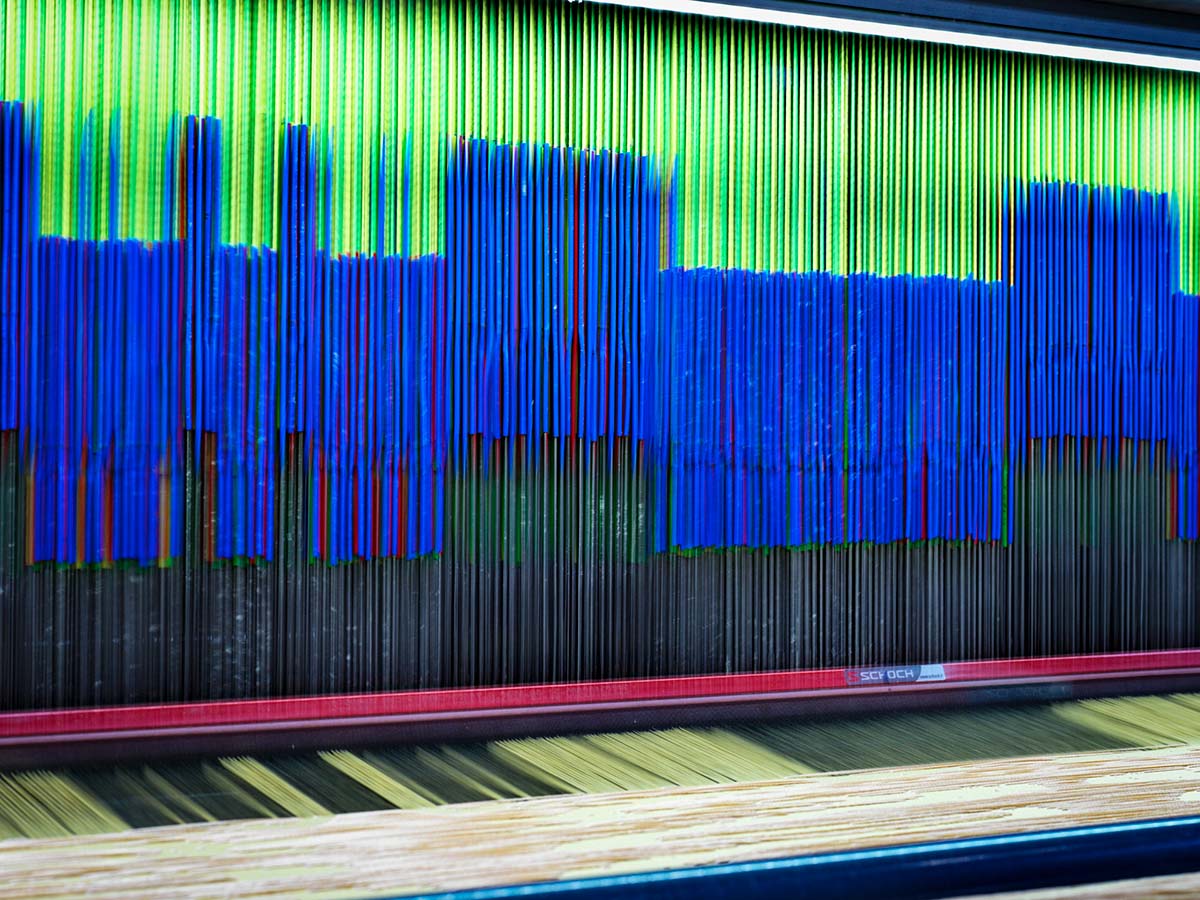
But this not enough. “If we want to meet the challenge of sustainability, we must act together, working side by side with all the players in the sector, including Italian and European districts. Because the rules are made in Brussels.” An observation already put into practice by Favaretto Rubelli in his role as President of the Textile, Apparel and Accessories Section of Confindustria Venezia, also creating the Venice Sustainable Fashion Forum, the first international summit on the sustainable transition of the fashion sector, bringing together the Italian National Chamber of Fashion and Sistema Moda Italia.
“Our DNA is unique. We are Venetians, and Venice is the fragile city par excellence, though it is also a candidate to become the worldwide capital of sustainability – Andrea Favaretto Rubelli concludes. – This identity as Venetians, as well as being Italian weavers, has enabled us to understand that we have a role of great responsibility for sustainability, which must be continuously pursued.”

